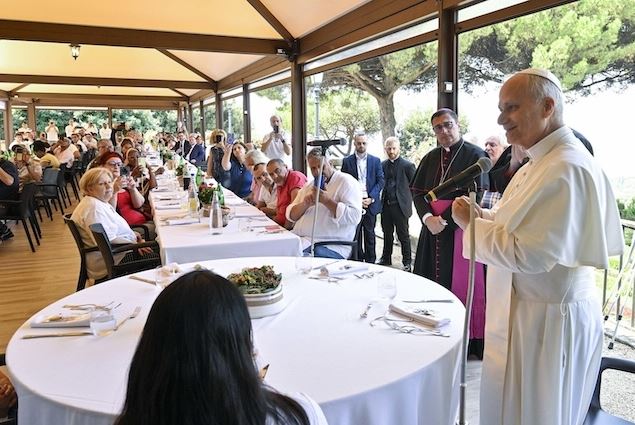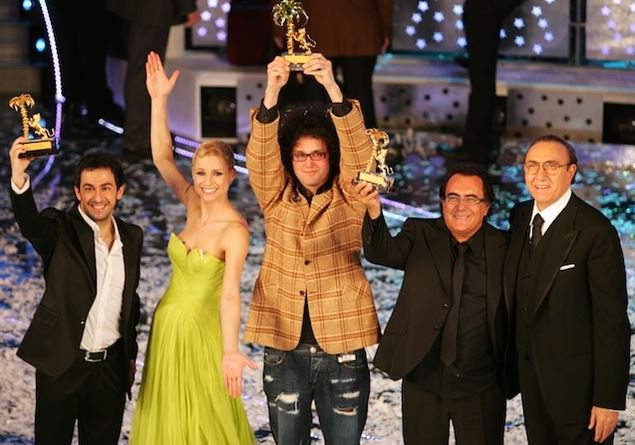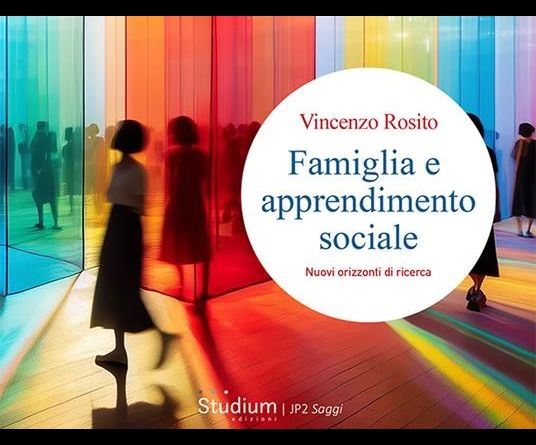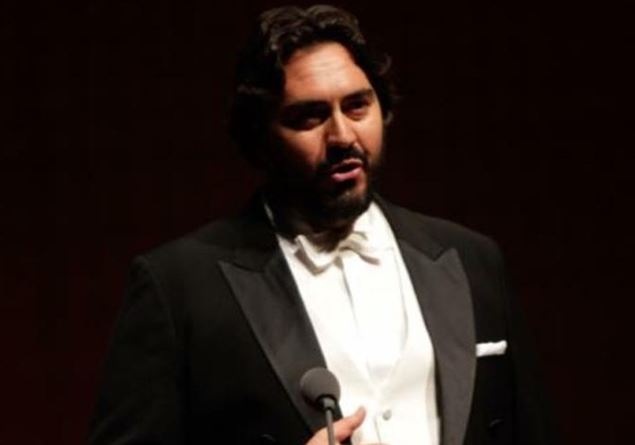«Only 28.2% of Italian families are heterosexual couples with children, over 40% are sunny people (mostly elderly women). For 2040 it is expected that less than 20% will be couples with children and almost half of the population will be made up of sunny people ». Luciano Moia, capacity to come from the data to comment on the prospects open by the volume of Vincenzo Rosito, “family and social learning”. The John Paul II institute for the marriage and family sciences are discussed by the evolution and plurality of the family in contemporary society, with attention to educational, pastoral challenges and new family models. In the presence of the new Grand Chancellor, Cardinal Baldo Reina, the discussion between Moia himself, Andrea Grillo and the principal Filippo Orden is animated considering the Family Global Compact that Gabriella Gambino, Undersecretary at the Dicastery of the Lays had presented as a project of hope, with the aim of building or reconstructing a strong Christian thought on the family and consolidating training insights in the Catholic universities.
The challenges are not lacking. As Moia pointed out, it is a question of starting from the reality and plurality of contemporary families. There are couples without children, enlarged, reconstituted, homogenitor families. A variety that makes it difficult to define unique regulatory parameters. Not only that, the data say that 90 thousand minors are in charge of social services and over 8,000 per year are removed from families especially for educational problems. But often there is no accompaniment by the Catholic world. For families who face the theme of children who do not identify in a precise genre, for example, on the government portal there are 95 help groups, but nobody is from Catholic area. The invitation is therefore to travel new roads and to recognize the creative changing of family alliances. To review the “rhetoric of the ideal family” and recognize the responsibilities of pastoral and society in having perpetuated a perfect family ideal, ignoring the reality of conflicts, separations and educational difficulties. In the wake of the number 36 of Amoris Laetitia, where Pope Francis criticizes the ideal abstract theological of marriage and invites to accompany families as they are, the speakers glimpse the need for a rethinking of the family and marriage in contemporary society, with attention to complexity, historical models and the need for new categories and interdisciplinary approaches.
Vincenzo Rosito’s book is a great opening to reflection, which helps to overcome the myth of the perfect family to propose a new way of thinking about the family, based on historical, sociological and anthropological analysis. A work, the result of research and dialogue, which invites you to review the categories with which the family and marriage is studied, enhancing the collaboration between disciplines and the reinterpretation of history.









